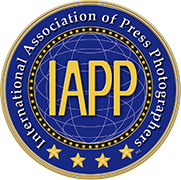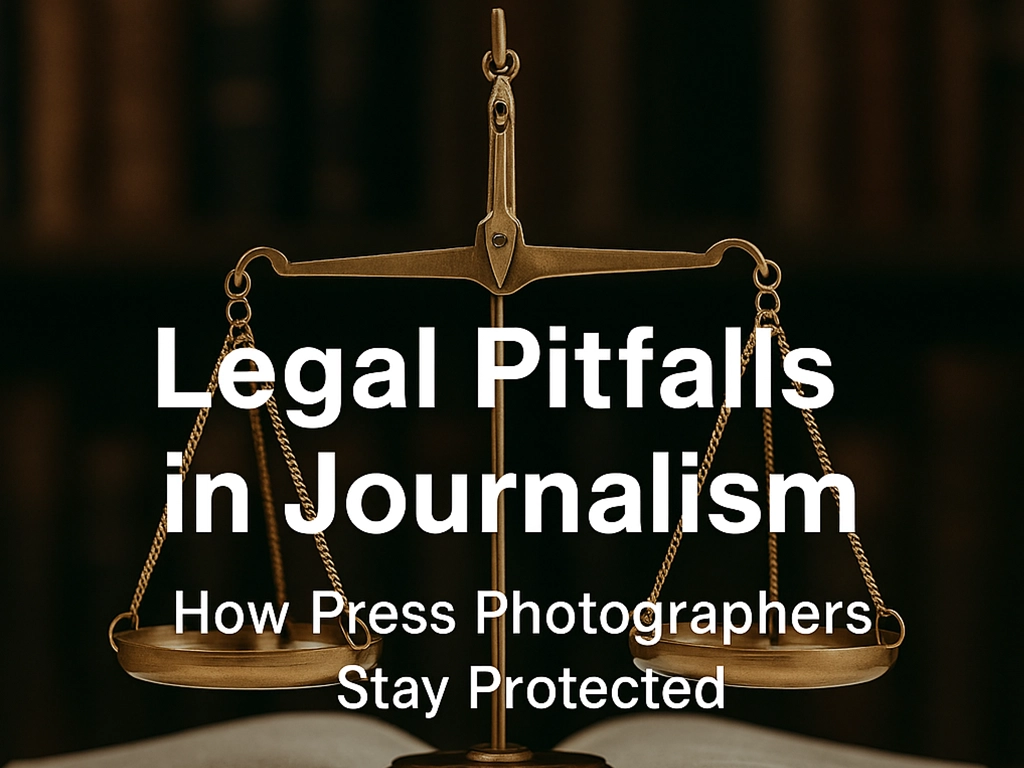Introduction
Journalism and press photography are often associated with navigating complex legal environments. Whether it’s breaking news, political events, or sensitive topics, journalists face numerous legal risks – from violations of image rights to accusations of trespassing, defamation, or violation of privacy laws. Understanding these pitfalls is important to protect both your work and your professional reputation.
The International Association of Press Photographers (IAPP) offers its members valuable resources, guidance and protection in these areas. Learn more about the IAPP Membership Benefits and the IAPP Code of Ethics.
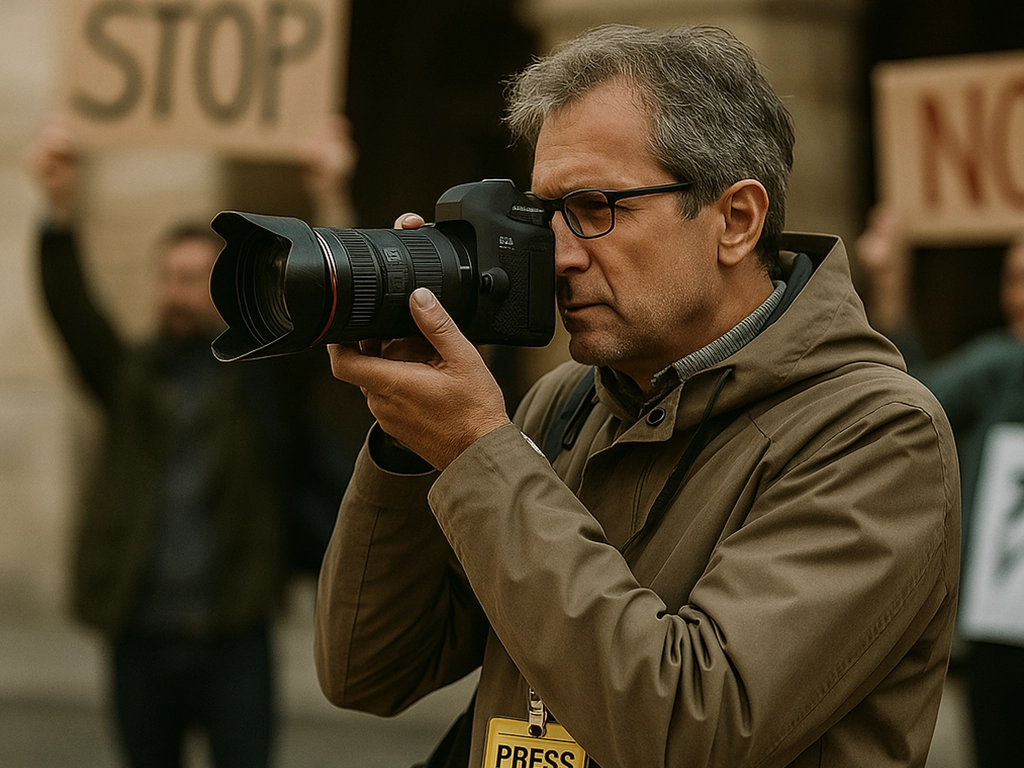
Key Legal Challenges in Journalism and Photography
1. Image rights and consent
- The individual has the right to his or her own image, especially in private spaces.
- The publication of images of private individuals without consent can lead to lawsuits or claims for damages.
- In public spaces, laws can vary depending on the country or situation – some events require explicit consent even in public.
- Particular caution is required when minors or vulnerable people are photographed.
2. Copyright and Intellectual Property
- Your images are automatically protected by copyright, but it’s important to know your rights when licensing or selling your work.
- Be sure to use third-party content, logos, or copyrighted material in your own images – this can lead to legal conflicts.
- Unauthorized commercial use of someone else’s work can lead to costly claims.
3. Data protection laws and data protection
- European GDPR regulations and similar laws in other countries affect how personal data and images are collected, stored, and published.
- Interviews, recorded conversations, or footage recorded in private environments require explicit permission.
- The publication of sensitive data without consent can result in legal action.
4. Defamation and slander
- Journalists must carefully check facts to avoid publishing false or defamatory information.
- Even implicit accusations or misleading headlines can lead to defamation lawsuits.
- Ethical reporting practices, double-checking sources, and balanced presentation are essential safeguards.
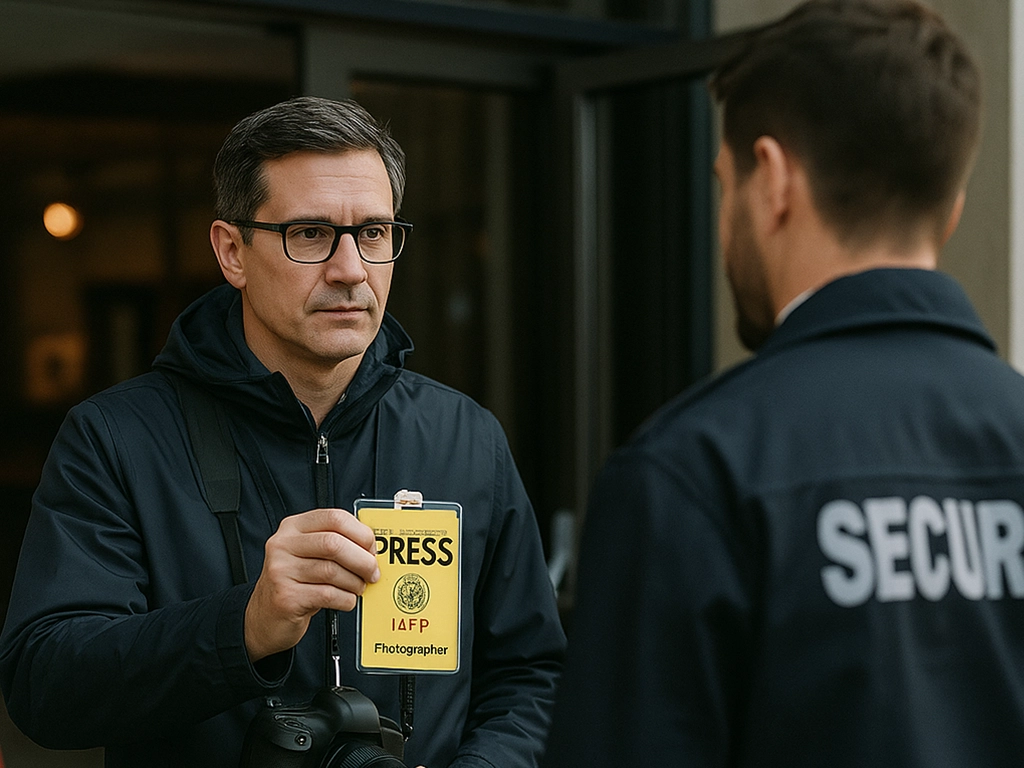
5. Trespassing and access rights
- Entering private property without permission, even to tell a story, is illegal in many countries.
- Certain locations (military zones, government buildings, private venues) may require special permits or accreditations.
- Always confirm access rights before taking photos on restricted premises.
6. International legal differences
- The laws on journalism and freedom of the press vary greatly from country to country.
- In some regions, journalists face harsh penalties if they report politically or take photos of security forces.
- Professional accreditations, such as the IAPP Press Card, can provide additional credibility and protection when working internationally.
How the IAPP helps journalists stay legally secure
The IAPP offers its members comprehensive support in navigating these complex areas of law:
- IAPP Accreditation: The IAPP Press Card (https://www.ia-pp.com/press-card/) helps members prove their professional status by often providing easier access to events and reducing legal complications.
- Ethical standards: The IAPP Code of Ethics provides clear guidelines for responsible, lawful journalism.
- Legal Resources: IAPP provides legal advice to help members understand international laws, access rights, and copyright management.
- Mentoring and training: IAPP workshops include sessions on legal topics, rights management and risk mitigation. For more information, see IAPP Workshops.
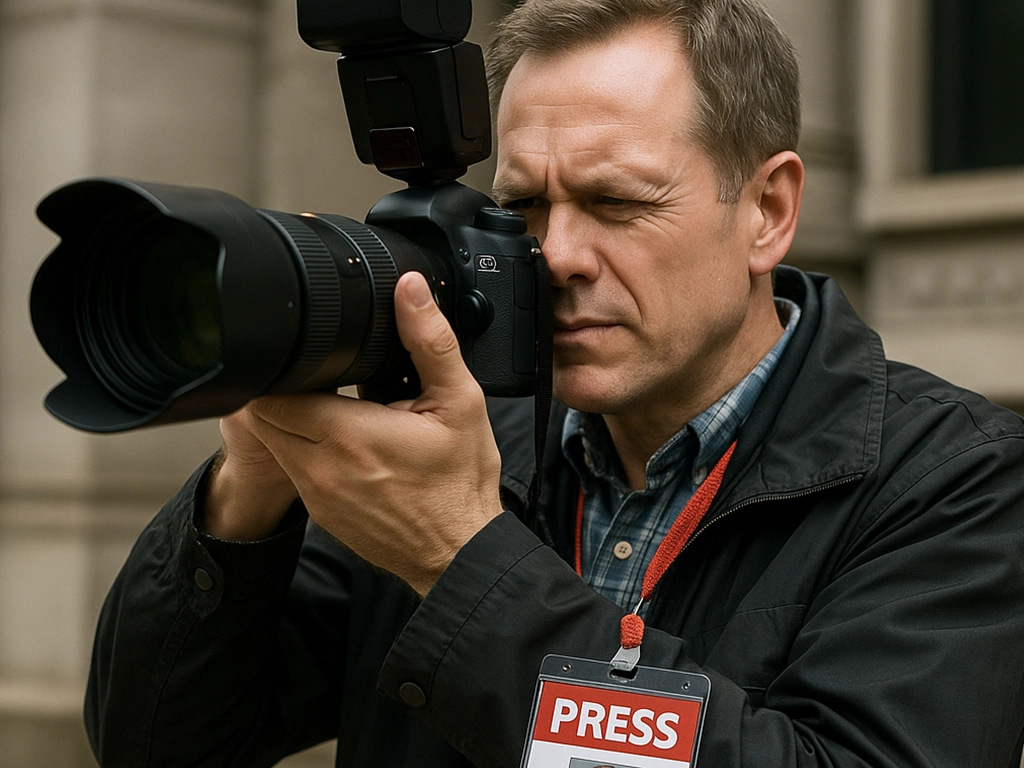
Real-world scenarios where legal knowledge is important
- A press photographer reports on a demonstration and takes pictures of police actions. Knowing local laws regarding law enforcement photography can avoid legal conflicts.
- A journalist conducts interviews in a hospital – the explicit consent of patients and the facility is mandatory to avoid privacy violations.
- An international assignment requires crossing the border with camera equipment – IAPP certificates are used to explain the professional purpose of the equipment at customs controls.
The price of legal errors
Legal errors can have serious consequences, including:
- Fines and claims for damages
- Damage to professional reputation
- Litigation that disrupts careers
- Revocation of press accreditation or professional licence
To prevent these consequences, proactive legal knowledge, ethical practices and reliable professional support are required.
Inference
Legal awareness is an essential part of modern journalism and press photography. The combination of legal complexity, fast-moving stories and sensitive topics poses significant risks for professionals in the field. But with the right guidance and support, these risks are manageable.
The International Association of Press Photographers (IAPP) empowers its members to work confidently and responsibly. Through accreditation, ethical guidelines, legal resources, and professional development, the IAPP ensures that its members are well-prepared to face legal challenges while maintaining the highest standards of press freedom and professional integrity.
Are you ready to protect your work and deepen your legal knowledge? Become a member of the IAPP today and secure your place in a global network of responsible, protected and empowered press professionals.
